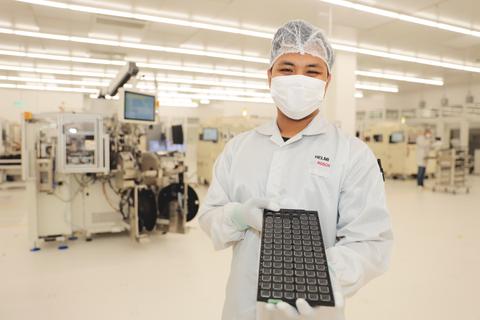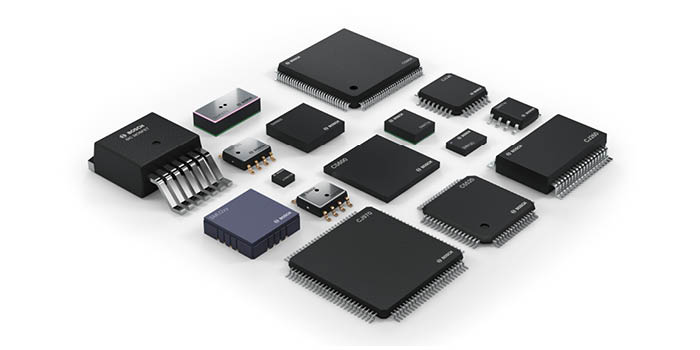To meet the high demand across the automotive industry for semiconductors, Bosch has opened a new €65m (US$71.3m) test center for chips and sensors in Penang, Malaysia. A further €285m (US$313m) will be invested at the site over the next five years, according to the company.
“With our new semiconductor test center in Penang, we are creating additional capacity within our worldwide manufacturing network to meet the continued high demand for chips and sensors,” said Dr Stefan Hartung, chairman of the Bosch board of management. “Semiconductors are a decisive success factor for all Bosch business areas, and the expansion of this business is strategically very important.”
The new test facility covers more than 18,000m2 and includes clean rooms, office space and laboratories for quality assurance and manufacturing. By the middle of the next decade, it will have up to 400 employees.
“The new test center in Penang brings our manufacturing network closer to the companies that serve the further value chain of semiconductor manufacturing as well as to customers in this important Asian market. That shortens delivery times and routes, and it improves our competitiveness,” added Dr Markus Heyn, member of the Bosch board of management and chairman of the mobility business sector.
 Semiconductor production happens in two stages: front-end manufacturing and back-end manufacturing. In the front-end stage, the circuits are attached and patterned on the wafers; at Bosch, for example, this work is done in the clean rooms of the wafer fabs in Reutlingen and Dresden. The back-end is where the individual chips are then separated from the wafers, assembled and tested.
Semiconductor production happens in two stages: front-end manufacturing and back-end manufacturing. In the front-end stage, the circuits are attached and patterned on the wafers; at Bosch, for example, this work is done in the clean rooms of the wafer fabs in Reutlingen and Dresden. The back-end is where the individual chips are then separated from the wafers, assembled and tested.
Bosch currently carries out most of the final testing of its semiconductors in Reutlingen, Germany; Suzhou, China; and Hatvan, Hungary. Those locations will work together with the new hub in Malaysia. Here, Bosch will immediately begin testing semiconductors that have been produced at the company’s front-end facility in Dresden, among other locations.
“Our new test center in Penang completes our internal process chain, especially for semiconductors from Dresden,” Heyn says.
With the new factory and a workforce of 4,200, Penang is now Bosch’s biggest location in Southeast Asia. The fully connected plant is said to be one of the most advanced semiconductor test centers in Southeast Asia.
For back-end chip manufacturing, Malaysia is an important hub in the global semiconductor supply chain. The country is estimated to cover around 13% of global back-end manufacturing. According to official figures, in recent years Penang has generated more than 5% of worldwide semiconductor revenue.


